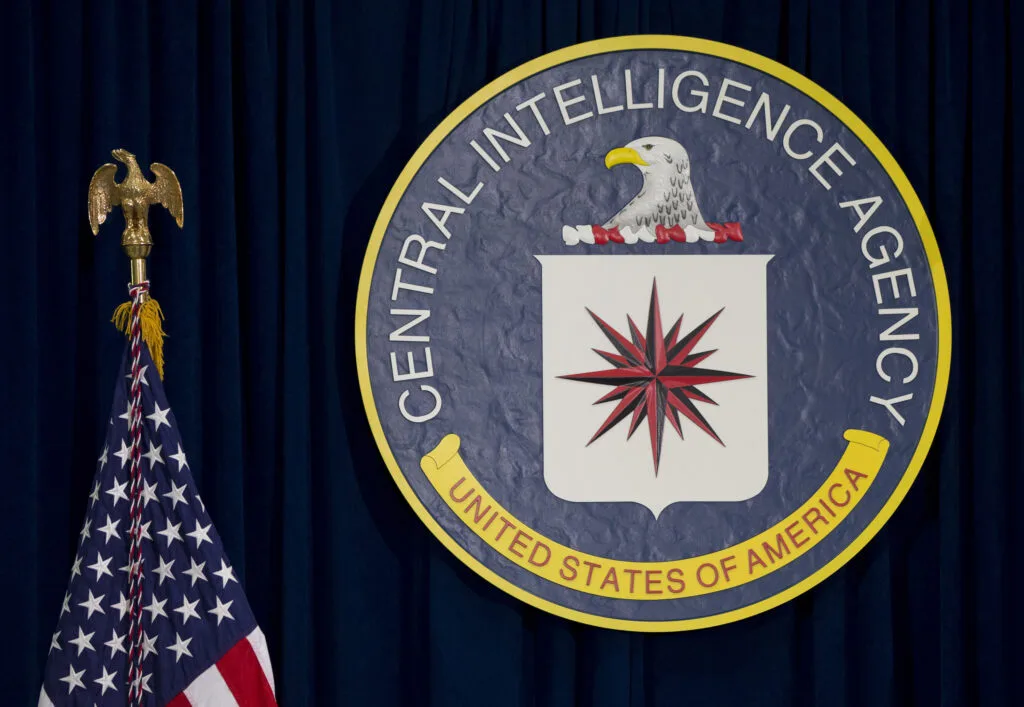Trump’s New CIA Director Nominee Helped Cover Up Torture

March 13, 2018
Share
President Donald Trump’s nomination of Gina Haspel, a CIA veteran with deep links to the agency’s controversial Bush-era “enhanced interrogation“ program, as the new director further signals the administration’s support for practices decried by critics as both inhumane and ineffective.
His endorsement of Haspel, currently the CIA deputy director, follows the president’s repeated praise for techniques widely described as torture. “Torture works. OK, folks? You know, I have these guys — ‘Torture doesn’t work!’ — believe me, it works,” he said on the campaign trail. “And waterboarding is your minor form.” (A Senate intelligence committee found the CIA’s “enhanced interrogation” techniques were “not an effective means of acquiring intelligence.”)
Haspel, who would be the first woman to lead the spy agency, is slated to replace CIA Director Mike Pompeo, who Trump nominated to helm the State Department in place of Rex Tillerson. Pompeo had expressed support for brutal interrogations in the past. But Haspel spent some of her 33-year career at the CIA involved with such practices.
After 9/11, Haspel ran one of the first black sites — secret CIA prisons where the agency held perceived high-level terrorism suspects.* She also participated in the controversial decision to destroy evidence of interrogation sessions in which detainees were subjected to waterboarding.
In Secrets, Politics and Torture, FRONTLINE explored the CIA’s use of so-called “enhanced interrogation techniques” as well as the agency’s dramatic fight to try to hide its program from the public.
One of the most critical pieces of evidence the CIA was anxious to conceal came from the black site Haspel would later run in Thailand: videotapes of the waterboarding of Abu Zubaydah, an Al Qaeda operative captured by the CIA. According to a retraction from ProPublica, however, Haspel wasn’t yet overseeing the site when Abu Zubaydah was waterboarded, as had been previously reported.*
Abu Zubaydah had arrived willing to cooperate, according to Ali Soufan, his FBI interrogator. The detainee identified Khalid Sheikh Mohammed as the mastermind behind the 9/11 attacks — a “huge development,” Soufan told FRONTLINE. But the CIA thought they could get more out of him.
Abu Zubaydah was ultimately waterboarded 83 times, and one point became “completely unresponsive, with bubbles rising through his open, full mouth,’” according to the Senate Select Committee on Intelligence report on the program.
When news of the program was first published in the Washington Post in 2005, Jose Rodriguez, who at the time ran the agency’s Counterterrorism Center, grew concerned that the videotapes might be made public.
“I was told if those videotapes had ever been seen, the reaction around the world would not have been survivable,” Jane Mayer, a New Yorker reporter, told FRONTLINE. “So the CIA is in a panic. They’ve got these red-hot videotapes on their hands.”
As Rodriguez later wrote in his memoir, in 2005, Haspel, then his chief of staff, “drafted a cable” at his direction ordering that the tapes be destroyed. Then, he said, he “took a deep breath of weary satisfaction and hit Send.”
In the clip below, FRONTLINE reported that with the most damning evidence destroyed, top CIA officials decided to keep mum about what they knew.
Senate investigators would eventually determine that Zubaydah, “was not a senior member” of Al Qaeda. The second man whose interrogation was recorded in the tapes, Abd al-Rahim al-Nashiri, “did not provide any additional threat information during, or after these interrogations,” according to Senate investigators.
None of the agents involved were ever prosecuted for their role. As FRONTLINE reported, President George W. Bush granted immunity in 2006 to all CIA agents who worked on the program. Three years later, President Barack Obama also declined to pursue the issue, saying that he had “a belief that we need to look forward as opposed to looking backwards,” according to an ABC News interview.
As for the CIA agents, Obama said, they were working hard to keep Americans safe: “I don’t want them to suddenly feel like they’ve got spend their all their time looking over their shoulders.”
Haspel’s current role at the CIA is an appointed position. To assume the top post, she must be confirmed by the Senate.
“Given that record, I can’t imagine how any senator who thinks the United States should not be involved in torture could vote to confirm her,” said John Sifton, Human Rights Watch’s Asia advocacy director. He added: “[T]o have the agency headed by a person who was directly implicated in it, that’s beyond impunity. That’s the opposite of accountability, you’re rewarding the people who committed the abuses.”
But on Tuesday, Sen. Richard Burr (R-N.C.), the chairman for the Senate Intelligence Committee, expressed his support for her. “I know Gina personally, and she has the right skill set, experience and judgment to lead one of our nation’s most critical agencies,” he said. “I’m proud of her work and know that my committee will continue its positive relationship with the Central Intelligence Agency under her leadership. I look forward to supporting her nomination, ensuring its consideration without delay.”
*[Correction: This story has been updated to reflect that Haspel wasn’t overseeing the black site in Thailand until after the interrogation of Abu Zubaydah, and was not in charge during it, as had been previously reported.]


Related Documentaries
Latest Documentaries
Related Stories
Related Stories
Explore
Policies
Teacher Center
Funding for FRONTLINE is provided through the support of PBS viewers and by the Corporation for Public Broadcasting, with major support from Ford Foundation. Additional funding is provided the Abrams Foundation, Park Foundation, John D. and Catherine T. MacArthur Foundation, Heising-Simons Foundation, and the FRONTLINE Trust, with major support from Jon and Jo Ann Hagler on behalf of the Jon L. Hagler Foundation, and additional support from Koo and Patricia Yuen. FRONTLINE is a registered trademark of WGBH Educational Foundation. Web Site Copyright ©1995-2025 WGBH Educational Foundation. PBS is a 501(c)(3) not-for-profit organization.





















